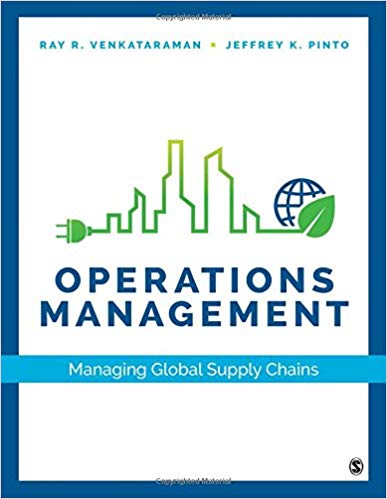Elixir Juice Company produces four types of juice cocktails: mango juice, orange juice, pine apple juice, and
Question:

In addition, Elixir Juice receives each day up to 5000 pounds of pure cane sugar that costs $0.50 per pound. The mango juice cocktail is 30% mango concentrate and 70% water, and uses 10 ounces of sugar per gallon of the cocktail produced. Orange juice cocktail per gallon has 40% orange concentrate, 60% water, and 6 ounces of sugar. The pineapple juice cocktail per gallon has 45% pineapple concentrate, 55% water, and 8 ounces of sugar. The mixed juice blend has equal parts of mango, orange, pineapple, and water, and uses 4 ounces of sugar per gallons of juice produced. The juices are bottled in glass containers that costs $0.10 each. The costs of labor for making and packaging these juice cocktails are: $0.25 per quart for the mango juice cocktail, $0.20 per quart for the orange juice cocktail, $0.22 per quart for the pineapple juice cocktail and $0.30 per quart for the missed fruit juice blend. The daily demand requirements for these products are at least: 8,000 quarts of mango juice cocktail and 5,000 quarts of the orange juice cocktail, 7000 quarts of pineapple juice cocktail, and 6000 quarts of the mixed fruit juice blend. The total daily production capacity is 43,000 quarts. Elixir Juice sells to retail stores mango juice cocktail at $1.18 per quart, orange juice cocktail at $0.77 per quart, pineapple juice cocktail at $1.03 per quart, and mixed juice cocktail at $1.15 per quart. Formulate a linear programming model that specifies the daily production schedule that will maximize profit.
Step by Step Answer:

Operations Management Managing Global Supply Chains
ISBN: 978-1506302935
1st edition
Authors: Ray R. Venkataraman, Jeffrey K. Pinto





